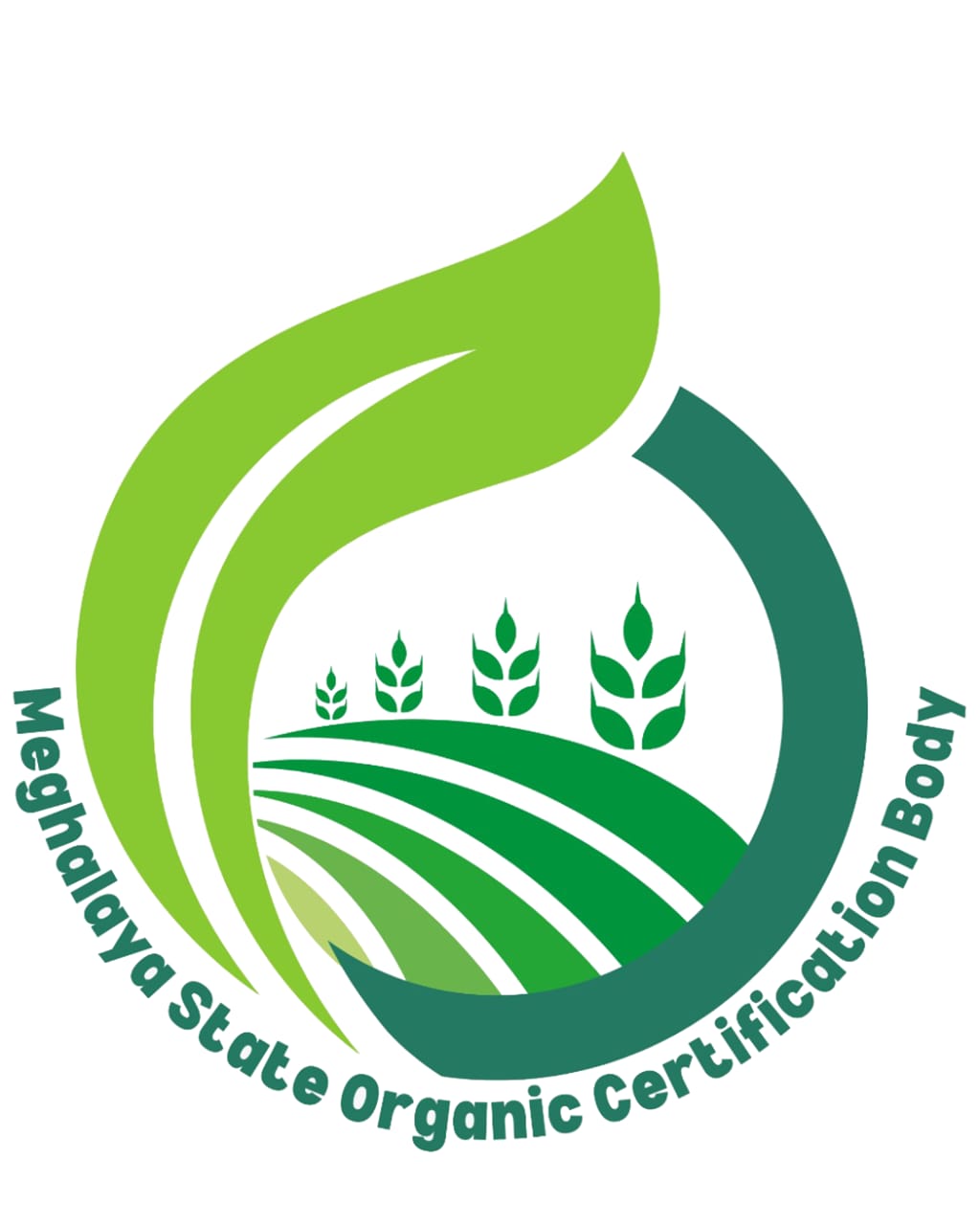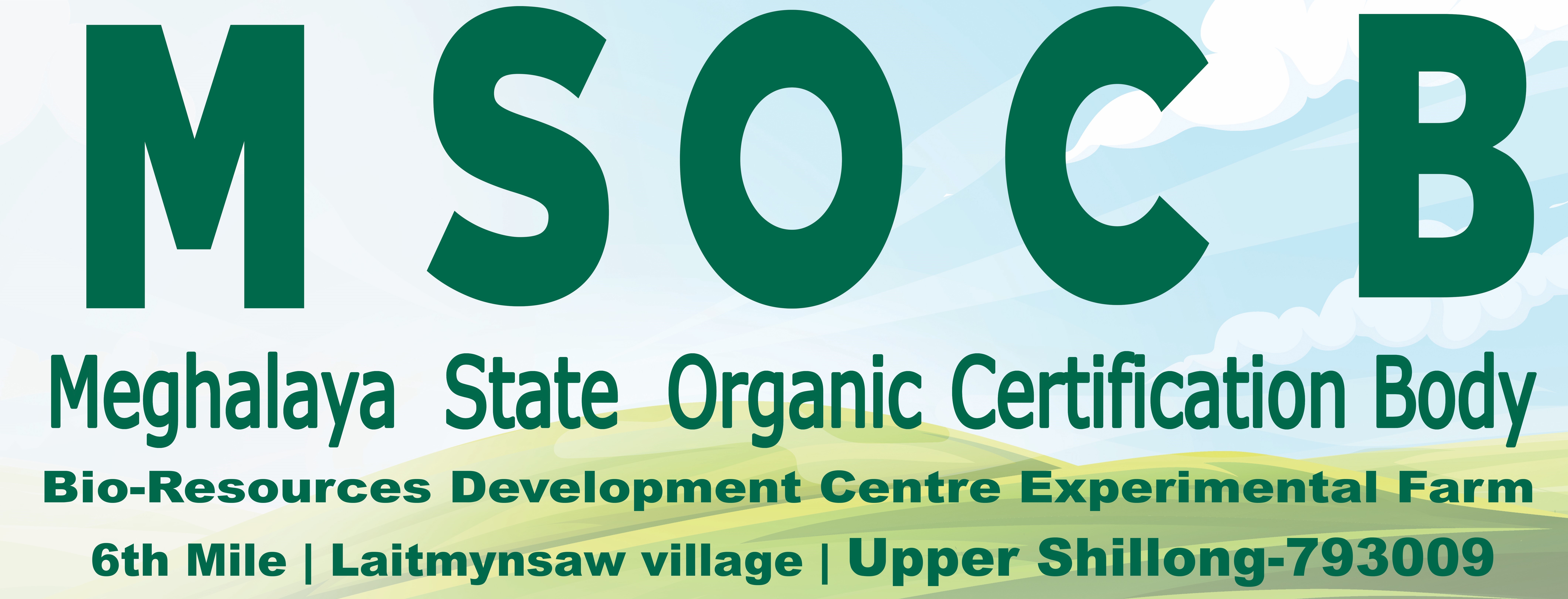Frequently Asked Questions (FAQ)
1. What is Organic Farming?
According to FAO, “Organic agriculture is a unique production management system which promotes and enhances agro-ecosystem health, including biodiversity, biological cycles and soil biological activity, and this is accomplished by using on-farm agronomic, biological and mechanical methods in exclusion of all synthetic off-farm inputs”.
2. What are the benefits of Organic Farming?
- Environmental friendly
- Promotes sustainable development
- Maintain and improve fertility, soil structure, bio diversity and reduce erosion
- Reduces health hazards
3. What are the components of organic farming?
The components of Organic farming are Manures, Vermicompost, Biofertilizers, Green leaf manure, Crop rotation, Animal husbandry etc.
4. What is Organic Certification?
It is a quality assurance initiative, intended to assure quality, prevent fraud and promote commerce based on a set of standard and ethics. It certify producers of organic food and other organic products.
5. Why is certification required?
- Facilitating the sale of original and quality organic products to consumers.
- Third party assurance from producer to the consumer
- Assurance to the consumers that their concern for healthy food has been addresses
- Effective marketing tool for image, credibility, visibility/ transparency
6. How long will it take to convert any farm as certified organic?
The conversion period for Annuals is 24 months and for Perennials is 36 months
7. Can we use Genetically Modified Organism (GMO) in the Organic Agriculture?
GMO is not allowed in organic farming
8. What is National Programme for Organic Production?
NPOP is an over arching architecture and a program of the Government of India which provides an institutional mechanism for implementation of the National Standard for Organic Production.
9. What do you understand by National Standard for Organic Production?
The National Standards for Organic Production sets out the standard to be followed in the cultivation/ harvest/ processing and trading of organic products
10. Is it compulsory to have a Soil Test in Organic Farming?
Yes, it is compulsory for each and every farmer to have a soil test report
11. Define Parallel Production?
Any production where the same unit is growing, breeding, handling or processing the same products both in certified organic quality and a non certified organic quality.
12. What is a Scope Certificate?
A certificate issued by the accredited certification body to its operator annually for their specific activity in terms of production, processing and trading.
13. What is Transaction Certificate?
A certificate issued by the accredited certification body to its operator for every sale of his product to the buyer.
14. How long is the organic certificate valid for?
Organic certificate is valid for one year from the date mentioned on the certificate. Once you enter in to the certification system, you must apply for annual renewal to maintain certification status.
15. Can a farmer practiced Mixed cropping, inter cropping, multiple cropping and multi storied cropping in organic farming?
Yes, it is advisable
16. Can a farmer used herbicides, insecticides, fertilizers in organic farming?
No, it is prohibited
17. What kind of planting materials a farmer can use if organic certified seeds is not available?
A farmer can use chemically untreated planting materials
18. How are insect pests managed in Organic farming?
Available methods such as Pheromone traps, predators, use of resistant varieties, light traps, Bio Control agent, Botanical pesticides can be used.
19. Mention the weed management strategies in Organic Farming?
Physical/ Mechanical method, Cultural methods, Crop rotation, Mulching, Cover crops and Biological management
20. How can a consumer trust that a product is really an organic?
Look for certification logo on the product for example NPOP’s India Organic logo


